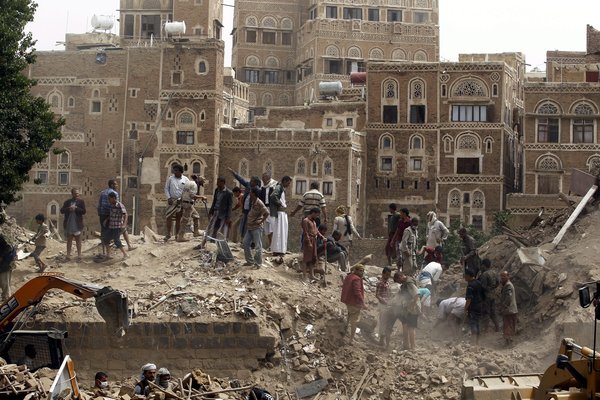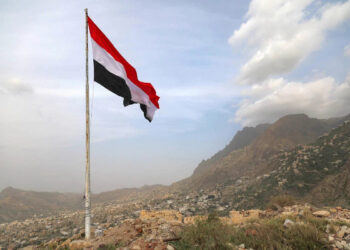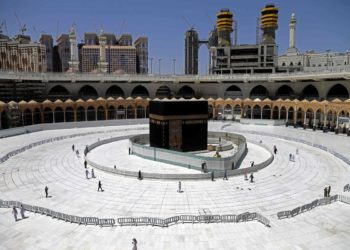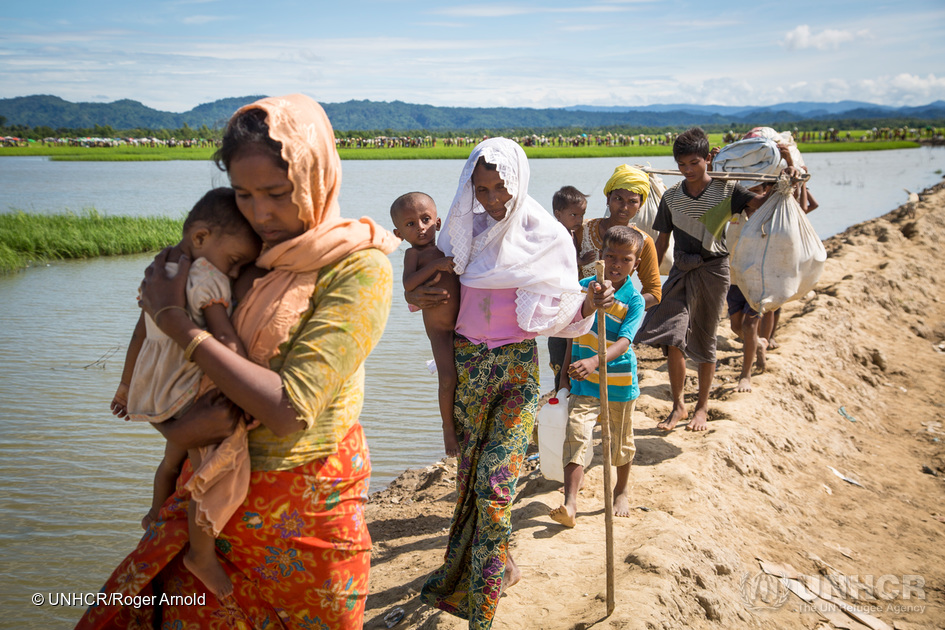Yemen suffers one of the world’s worst humanitarian crises, which the U.N. aid chief labelled “shocking” and “horrific” after a recent five-day visit.
Unlike a tsunami, an earthquake, or any other natural disaster however, it is a man-made catastrophe.
Militias in Yemen like the Iranian-linked Houthis have contributed to the chaos. However, the Saudi-led coalition, made up of several Arabic and African countries, bears responsibility for most of the destruction in Yemen, after joining the war in March 2015 and carrying out a vicious bombing campaign since.
Saudi Arabia’s military intervention in Yemen’s domestic conflict disproportionately affects civilians and has destroyed much of its vital infrastructure. Schools, hospitals and other civilian areas like farms are targeted – possibly even deliberately, to weaken opposition areas.
Without a fully-functioning state, Yemen suffers a huge public health crisis – including one of the largest known cholera outbreak in modern history, as the country’s healthcare system cannot contain this otherwise treatable disease. Seven million people are at risk of famine, while over 11 million children need humanitarian assistance.
For Saudi Arabia, this is done in the name of supporting President Abdrabbuh Mansur Hadi, whose presidency is recognized by the U.N, and crushing groups like the Houthis that oppose his regime. Yet the intervention does little to achieve Riyadh’s political aims, and has harmed Yemeni civil society.
The U.N. in October threatened to blacklist the Saudi-led coalition for war crimes. So while the Saudi-led coalition claims to be enforcing international law, its actions are viewed by the UN as illegal.
Saudi action in Yemen is enabled by support from the U.S. and U.K in the form of logistical and military aid. In the first year of the conflict alone, U.S. arms sales to Saudi Arabia totalled over $20 billion, whilst U.K. sales breached the $4 billion mark.
This western support for possible war crimes was made clear in September when a U.S. bomb dropped on a hospital supported by the medical charity Medecins Sans Frontieres (Doctors Without Borders) killed 11 people and injured 19 others.
“It is outrageous that states have continued to supply the Saudi Arabia-led coalition with weapons, despite stark evidence that those arms are being used to attack hospitals and other civilian objects and in other serious violations of international humanitarian law,” Philip Luther, Research and Advocacy Director for Amnesty International said after the attack.
Western support not only enables Saudi Arabia to commit possible war crimes, it is a fundamental part of their military campaign. British Aerospace Engineering Systems has over 6,200 employees inside Saudi Arabia, and has given essential training to the Saudi air force. Likewise, the U.S. sells cluster bombs, considered illegal by most of the international community, and F-15 fighter jets – which constitutes a major part of the kingdom’s air force. As Dr. Noel Brehony, chairman of the Menas Associates, told The Globe Post, the Saudi air force would likely not function without U.K. and U.S. support.
Others have suggested that profit is the main motivating factor in this ongoing relationship.
“Western arms play a central role in the Saudi-led atrocities that have been inflicted on the people of Yemen,” Andrew Smith, spokesperson for Campaign Against Arms Trade, told The Globe Post.
“The message it sends to those suffering repression is that their human rights don’t matter, and that their wellbeing is less important than arms company profits.”
External interference over the last century had destabilized Yemen. In the 1960s, Western-backed Saudi Arabia contested with the Soviet-supported Egyptians led by Gamal Nasser for control over Yemen, in their wider struggle for control over the Arab world and the ideological conflict of the Cold War. In the same decade, the southern part of the country gained independence after uprisings against British colonial rule.
After Yemen’s unification in 1990, the Saudis interfered again, attempting to engineer the south’s split from the north, after then-president Ali Abdullah Saleh angered the kingdom by supporting Saddam Hussein and Iraq during the Gulf War.
Even today Saudi Arabia and the United Arab Emirates, which is part of the coalition air campaign, back different factions in the conflict. Yet their ability to do so would be limited without Western support.
Some raise the question of other global powers like China or Russia selling weapons to Saudi Arabia if the West withdraws military support.
But the U.S. and U.K. are global powers, and the move would set a precedent within the international community. Furthermore, both countries could use their positions to help negotiate a peaceful settlement to the Yemen crisis.
This settlement could involve pushing for a partition of Yemen, by negotiating with local groups and leaders. A likely solution, since the country is still split in two all but on paper – it has two governments and two central banks.
Bombing will only prolong the conflict. Mr. Brehony added that “the more Yemen is torn apart by war, the more it creates the environment for extremists like al-Qaeda in the Arabian Peninsula or Islamic State in Yemen to flourish”. He therefore believes that not only will the Yemeni people continue to suffer from the conflict, continued fighting will empower factions that threaten regional stability.
Abdul Galil Shaif from the Hadfield Institute said in a recent conference on Yemen in England that an alternative solution to the west’s chaotic position on Yemen must be sought. Mr. Sharif advocated withdrawing Western military support from the Saudi-led coalition and for the U.K. and the U.S. to use their international leverage to pursue a peaceful diplomatic settlement that benefits the Yemeni people.
























